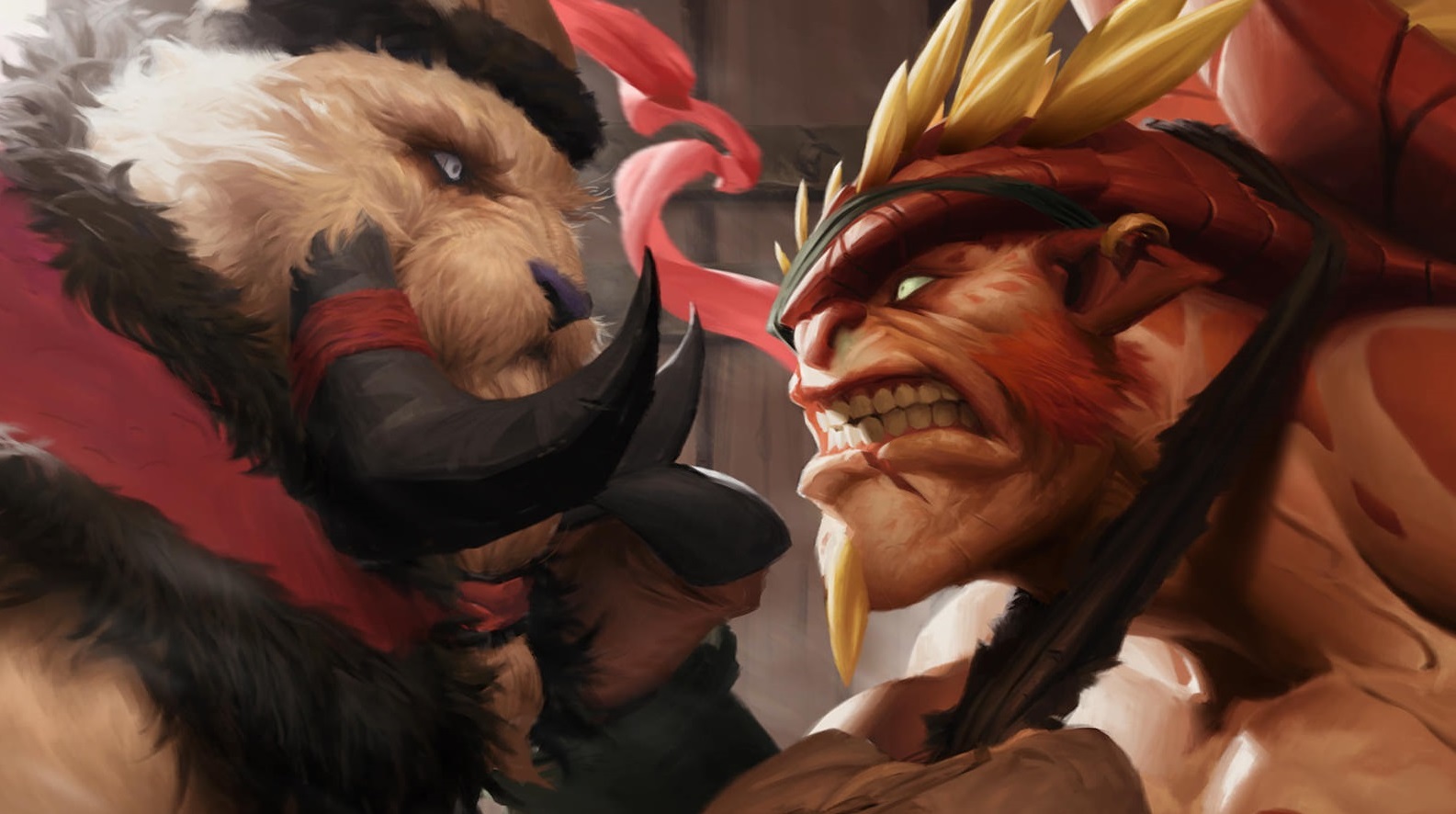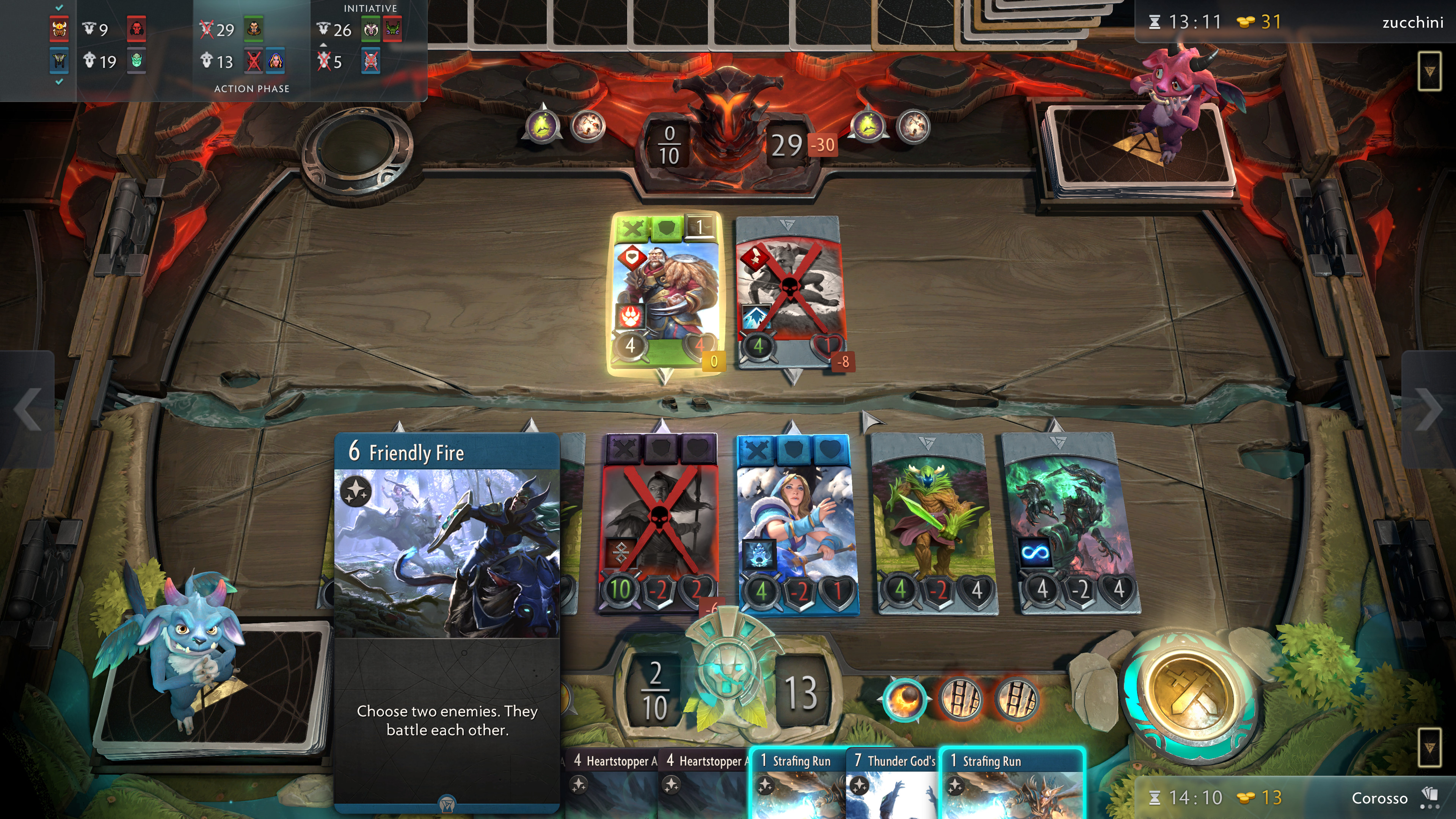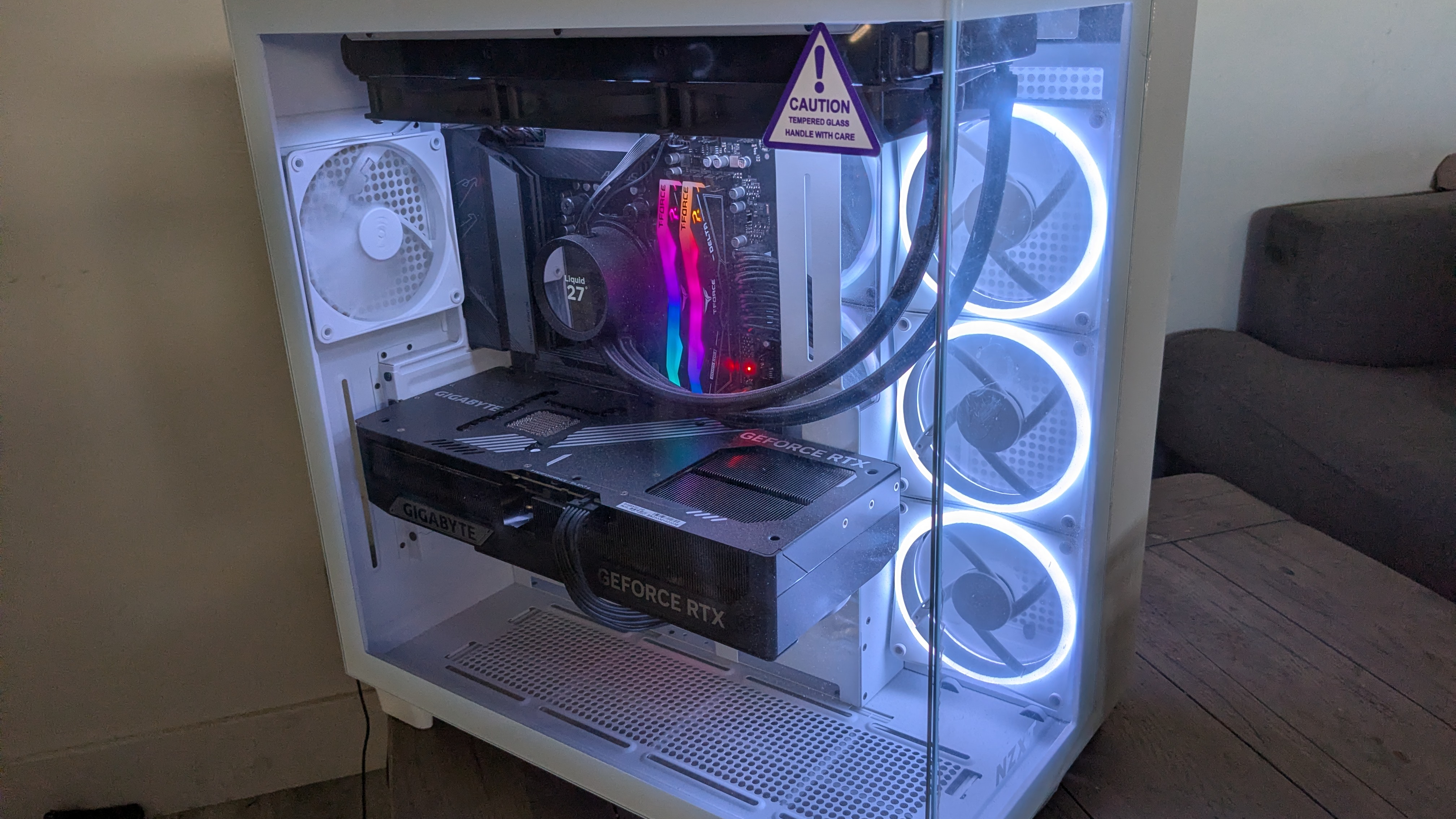Richard Garfield on Artifact's failed monetization model: 'We wanted to avoid manipulating people'
The Artifact designer looks back on what went wrong.

When he reviewed Artifact for us, Will Bindloss concluded by saying, "Value for money, I'm well aware, is going to be a big factor for many looking to buy the game." He wasn't wrong. Many were kept away from Valve's card game by the $20 base cost and real-money card marketplace. Though the Build Your Legend update offered free card packs as level-up rewards, it wasn't enough. That $20 buy-in meant players had to be convinced that Artifact was worthwhile up front, rather than being able to ease into it for free. With a game that complex, convincing wasn't easy.
"I wish it had been better received," Artifact designer Richard Garfield tells me when I ask about how he feels about it in hindsight. "But I'm very happy with where the design ended up. Working with the guys at Valve was a lot of fun, they're very smart folk and they took my design direction seriously, but they're smart enough that they gave lots of pushback in the appropriate places and we ended up with something I thought was better."
Right now, Garfield is working as co-designer and consultant on Roguebook, a roguelike deckbuilder in development by Abrakam, the studio responsible for Faeria—another digital card game with an up-front cost, in contrast to the free-to-play card game model most successfully used in Hearthstone.
"We wanted to avoid manipulating people," Garfield says of the decision not to make Artifact a free-to-play game with daily log-in rewards and the typical gamut of techniques used to keep players playing and buying card packs. "There were a lot of people on the team who did not like the Hearthstone approach—a very, very common approach—but there are a lot of people who love it, and it gets people in. A lot of those things were avoided with good intention, but not necessarily good effect. I think a lot of the difference between what was in their mind and what players wanted was a matter of marketing, which wasn't done."
Before its launch, Valve spent time demonstrating Artifact's complex gameplay, as well as showing off its built-in tournament system, and how it tied into Dota. When players began criticizing its cost, Valve responded with a blog post explaining changes to draft mode and announcing that unwanted cards could be recycled into event tickets. It wasn't enough.
"Making a revenue model that's something different is always difficult to do," says Garfield, "and we just did not have the relationship with our customers that was necessary to either sell that or adapt to it quickly enough. And that's certainly partially my fault—I liked what they were trying to do with the revenue model even if it didn't get buy-in."
Though he still plays plenty of digital card games, and has praise for Monster Train and Slay the Spire, Garfield says that when he sees a free-to-play one he's often tempted to ignore it completely, because he hates "guessing what the revenue model is" and whether he's "going to feel disadvantaged for not paying money" or be "tormented by this or that."
Keep up to date with the most important stories and the best deals, as picked by the PC Gamer team.
While Garfield is no longer working on Artifact, he's been keeping an eye on the development of its 2.0 version, which is currently in beta. "I have actually playtested it," he says. "I maintain contact with them and they send me a build once in a while. It's different, but I think it captures a lot of the same things that we were trying to do, even though I don't think that the game design was the root issue with it to begin with."
You'll be able to read Garfield's thoughts about current trends in deckbuilders, and what makes Roguebook different, here on PC Gamer next week.

Jody's first computer was a Commodore 64, so he remembers having to use a code wheel to play Pool of Radiance. A former music journalist who interviewed everyone from Giorgio Moroder to Trent Reznor, Jody also co-hosted Australia's first radio show about videogames, Zed Games. He's written for Rock Paper Shotgun, The Big Issue, GamesRadar, Zam, Glixel, Five Out of Ten Magazine, and Playboy.com, whose cheques with the bunny logo made for fun conversations at the bank. Jody's first article for PC Gamer was about the audio of Alien Isolation, published in 2015, and since then he's written about why Silent Hill belongs on PC, why Recettear: An Item Shop's Tale is the best fantasy shopkeeper tycoon game, and how weird Lost Ark can get. Jody edited PC Gamer Indie from 2017 to 2018, and he eventually lived up to his promise to play every Warhammer videogame.


